photo by Tara Joe Farrell,
in Cerillos, New Mexico
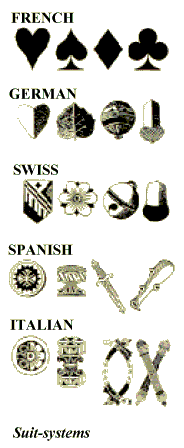




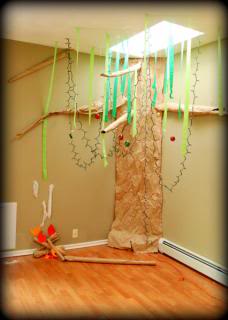



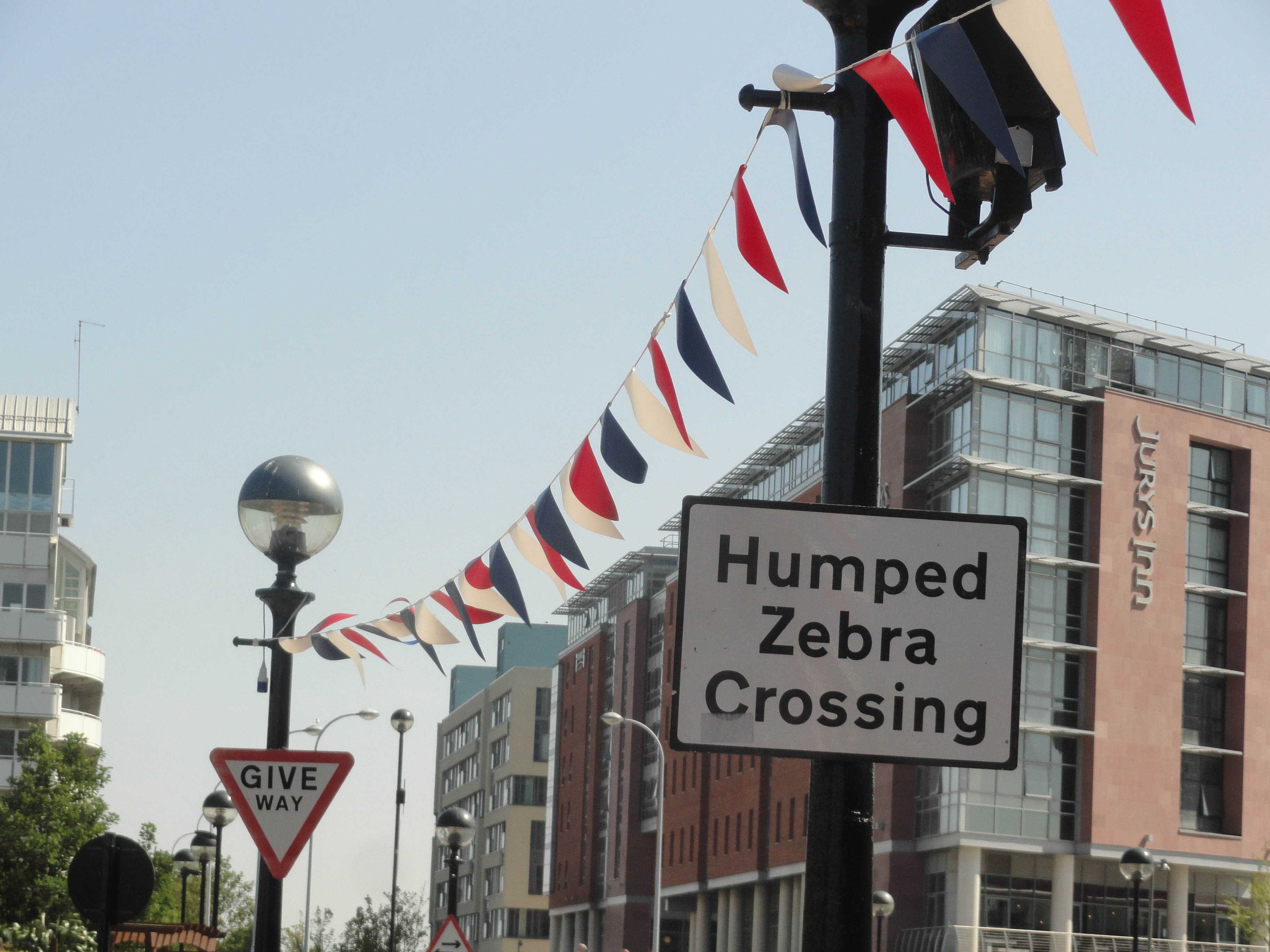
(Before the internet, people had reference books, and even then they seemed like trivia. Trivia can be the interesting door that leads to strange, new knowledge.)
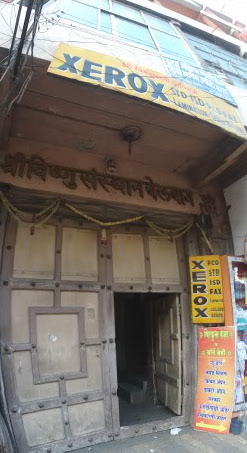

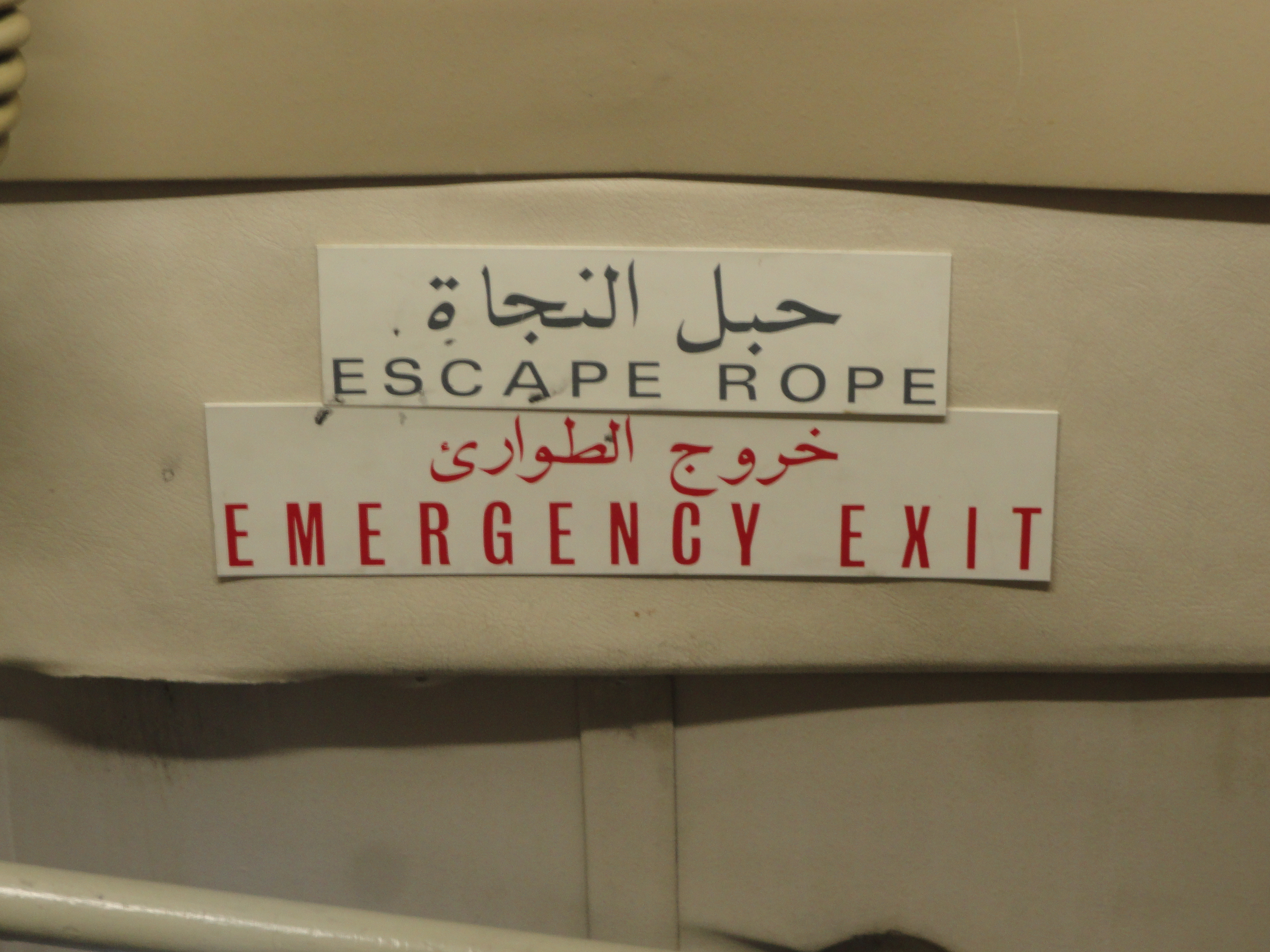
As they got older, and war games, movies about history, and international celebrities came over their intellectual horizon, so did trivia about the borders of countries.
What's with Tibet? Taiwan? When did Italy and France settle into their current borders? Why does Monaco have royalty? The Vatican really has cash machines in Latin? What's the difference between UK and Great Britain? Is Mexico in north or central America? Were Americans REALLY that afraid of and ignorant about the Soviet Union in the 60's?
In answering those questions, the terms and trivia of history, geography, philosophy, religion and political science come out. The words are immediately useful, and tied to ideas and pictures and knowledge the child has already absorbed, awaiting just the name, or the definitions, or the categories.


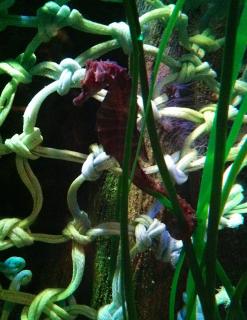



Marty likes humor and history.
Holly's main reading is on the internet, but she likes name books, and other non-fiction and trivia. One thing she doesn't use the internet for is definitions and spellings. She likes my old full-size American Heritage Dictionary, and will sprint upstairs to look something up on the slightest excuse.

